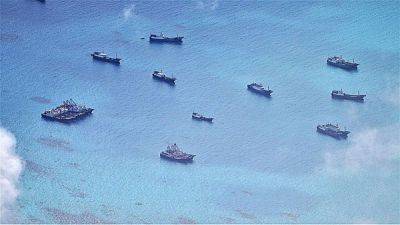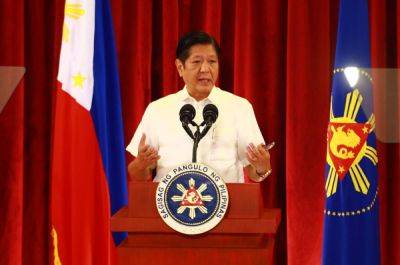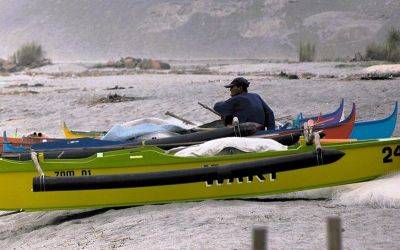Appeasement of China as strategy for statecraft in WPS dispute
First word
OF the six recognized strategies for statecraft in conflict in international relations (negotiation, deterrence, coercive diplomacy, crisis management, war termination and détente), I have discussed so far coercive diplomacy and crisis management as strategic tools for statecraft that our government can employ in the present state of relations in the West Philippine Sea.
We should not neglect the discussion of an alternative policy strategy that pro-China apologists among us have been actively promoting as the appropriate and rational policy strategy for our government to pursue at this time. This is the policy of appeasement of China, which they contend can be a viable and effective policy for the nation to employ and is the best way to avoid war in the contested waterway.
The pro-China lobby characterizes as «belligerent and confrontational» the approach of President Ferdinand Marcos, Jr. in navigating the dispute with China in the West Philippine Sea (the part of the South China Sea that is our exclusive economic zone under Unclos).
They contrast without blushing the Marcos policy with the earlier policy of the previous administration of President Rodrigo Duterte, which worshiped a policy of friendship and submission to China, highlighted by Duterte's dictum of being «a friend to all and an enemy to no one.»
In their book «Force and Statecraft,» Gordon Craig and Alexander George include a full discussion of appeasement as a strategy in conflictual relationships in interstate relations. They wrote:
«The historical case against appeasement is well-understood and deeply etched in the consciousness of generations of policymakers and foreign policy specialists. In contrast, the case for appeasement is not well understood and lacks an analytical basis derived from historical instances when it was usefully employed in the interest of avoiding conflict and developing positive relations. Policymakers who believe it may be expedient to 'conciliate' a possible dangerous adversary or to engage in a 'constructive engagement' with him do not have available a historically grounded theory regarding the conditions under which what is essentially 'a policy of







